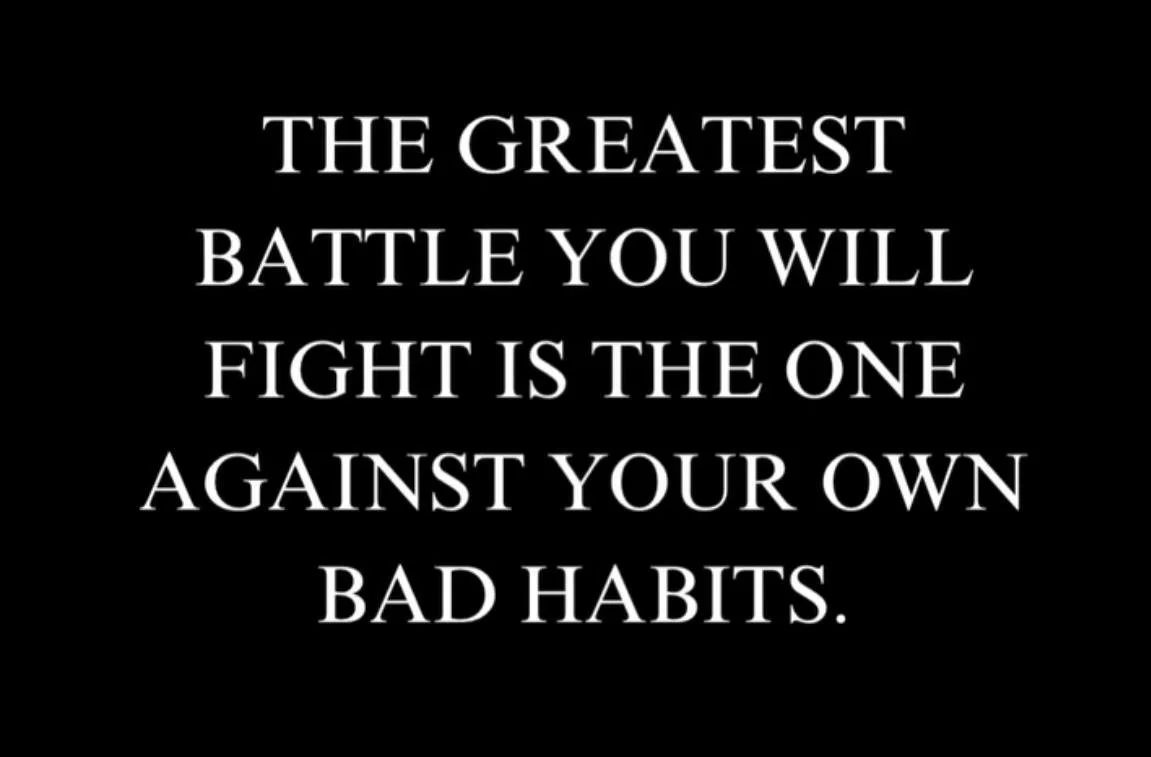
BLOG POSTS
The Science of Succeeding with People: From Inception to Influence
It’s been a while since I shared my thoughts on a book I've read, but I recently picked up one that truly captivated me. After listening to a great podcast conversation between Dr. Jordan B. Peterson and Vanessa Van Edwards, I was inspired to read her book, Captivate: The Science of Succeeding with People. This post is a reflection on what I gained from that reading experience and the three key takeaways that have stuck with me the most. I’ll be sharing more about her other book, Cues, in a future post.
Have you ever left a conversation feeling like you just missed the mark? Or struggled to understand what was really motivating a difficult colleague or team member? Social dynamics can feel like a complex puzzle, but what if you could learn to read the room and communicate with purpose? One of the biggest lessons I took from this book is that social success isn’t a magical, inborn talent; it’s a science. By understanding a few core principles, you can begin to navigate conversations and relationships with greater confidence and influence.
Takeaway 1: Your Ability to Connect Begins with Reading People
One of the most powerful concepts I encountered was the idea of using the Big 5 personality traits as a framework for understanding others. The book opened my eyes to how much my ability to connect with someone improves when I can observe what makes them tick. I've found it incredibly helpful to consider these five areas when I meet someone new or engage with a team member:
Openness: Are they open to new ideas, abstract concepts, and unconventional thinking, or do they prefer tradition and concrete facts? Adjusting your pitch accordingly can make all the difference.
Conscientiousness: Do they value structure, order, and detailed plans, or are they more spontaneous and flexible? Now, I recognize that a highly conscientious person will appreciate a well-organized presentation much more than someone who is not.
Extroversion: Do they get energy from being around others? Do they enjoy lively group discussions and thrive in the spotlight, or do they prefer quiet, one-on-one interactions? This helps me choose the right setting for a conversation.
Agreeableness: How much do they prioritize harmony and cooperation? I've learned that someone who is highly agreeable will be more receptive to proposals that benefit the whole team.
Neuroticism: Do they tend to worry, stress, or experience emotional instability? Understanding this trait has helped me approach sensitive topics with greater care and empathy, providing a sense of stability.
By observing these tendencies, you can move from guessing what people need to genuinely understanding them.
Takeaway 2: Your Belief is a Superpower
As a leader, your perception of others isn’t just a passive observation; it’s a powerful tool. The concept of the Pygmalion Effect was a huge "aha" moment for me. The book explains this scientific principle: when you hold a strong, positive belief in someone’s potential, that belief can actually influence their performance. When you expect great things from a team member, you subconsciously provide them with more opportunities, better feedback, and increased support. They, in turn, feel a sense of confidence and rise to meet your high expectations. I've realized that I'm not just seeing their potential; I'm actively helping them realize it.
What belief are you currently holding about a team member, and how might it be impacting their performance?
Takeaway 3: A Simple Framework for Difficult Conversations
One of the most practical tools I took away was a simple, three-step framework for handling difficult conversations, which Vanessa Van Edwards calls the NUT Job:
N - Name the Emotion: I've started practicing this. First, you name what the other person is feeling. Phrases like, "It sounds like you're feeling frustrated," or "I sense you're concerned about this," can show you are listening and help de-escalate the situation.
U - Understand What They Want: Next, you work to understand what the person is really seeking. Behind the anger or frustration is usually a need for control, validation, or certainty. Asking questions helps get to the root of their request.
T - Transform: Finally, you transform the situation by offering what they actually need. If they are seeking control, offer them a choice. If they need validation, acknowledge their concern. This shifts the dynamic from a conflict to a collaborative effort to find a solution.
This is just a glimpse into the science of human connection. The ideas presented here are based on decades of research and are just a few of the many powerful lessons I took away from reading Captivate: The Science of Succeeding with People. If you're ready to master your social interactions and become a more influential and authentic leader, I highly recommend picking up a copy and discovering how to truly connect with everyone you meet.
The Toughest Opponent is in the Mirror
In a world defined by constant disruption and competitive pressures, do you often find yourself looking outward for the next great challenge? You strategize to outmaneuver a rival, innovate to capture market share, or build a team to tackle a monumental project. Yet, what if the most formidable and consequential battle you will ever face is not found in the marketplace, but within yourself? What if it's the quiet, persistent war against your own bad habits? For senior professionals—whether you are an individual contributor or a leader—recognizing this truth is the first step toward unlocking a new level of strategic influence and personal growth.
These habits aren't always grand, dramatic flaws. They are often subtle, deeply ingrained patterns that have served you in the past but now hinder your progress. Could it be the reliance on reactive decision-making instead of proactive planning? The habit of micromanagement that stifles your team’s autonomy? Or the unconscious tendency to avoid difficult conversations? You can spend a career refining external skills and mastering technical competencies, only to be held back by an internal inertia. The true test of a senior professional is not just your ability to solve external problems, but your capacity for radical self-awareness and the courage to confront the behaviors that no longer serve you.
For a leader, this internal battle has an amplified effect. Your habits—good or bad—become the cultural norms of your team. A leader who consistently operates in a reactive mode trains those they lead to live in a state of crisis. A leader who fails to delegate effectively communicates a lack of trust, which erodes morale and limits the growth of those in their care. The discipline to break a bad habit is a powerful, non-verbal message to your team. It demonstrates vulnerability, a commitment to continuous improvement, and the accountability that is a hallmark of truly effective leadership. By modeling this behavior, you not only improve yourself but also create a safe environment where your team members feel empowered to undertake their own journeys for self-improvement.
What habits are you modeling for your team right now, and what message are they sending?
Conquering these habits requires more than mere willpower; it demands a strategic approach. It starts with a clear-eyed assessment of the behaviors that are undermining your effectiveness. This might mean inviting honest feedback, journaling to identify patterns, or simply dedicating time to quiet reflection. The next step is to create a new system, not just a new resolution. Rather than simply resolving to "stop procrastinating," what if you built a system of structured work blocks with incremental steps and clear breaks? Instead of vowing to "be a better communicator," what if you scheduled dedicated one-on-one time with your team where the only goal is open dialogue? Small, consistent actions build new neural pathways that eventually replace the old, limiting habits.
What system could you create this week to begin replacing one of your old habits?
Ultimately, the fight against your own bad habits is not a one-time event but a continuous process of self-refinement. In a fast-paced business environment, the ability to adapt is a prerequisite for success. This adaptability begins with the willingness to adapt yourself—to discard the comfortable but ineffective habits of the past and embrace a new way of operating. It's a journey that builds resilience, hones judgment, and solidifies your reputation as a leader who not only guides others but is also in command of themselves.


